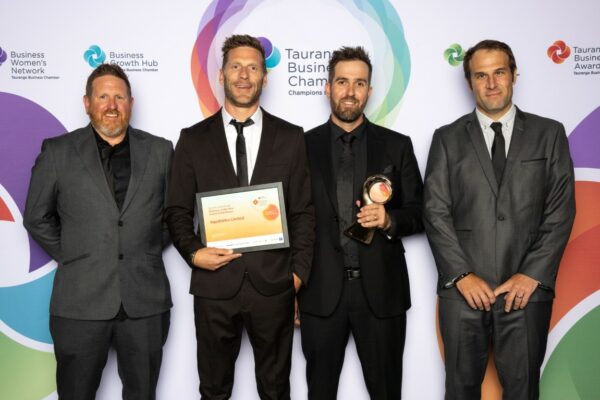Did you know that only 10% of New Zealand’s family owned businesses are run by a 3rd generation family member?
31% of New Zealand owned family businesses have been operating for more than 50 years, and a further 49% from 20 to 49 years. That’s an incredible legacy and a crucial stabilising influence on our economy.
Who’s going to be running those Kiwi-owned family businesses a decade or two from now? Probably not a family member – so what’s your succession plan?
We talk to Gavin Lister from Gavin Lister Consulting to discuss.
PwC’s 10th Global Family Business Survey conducted late last year makes fascinating reading, if you have the time. As it’s more than 30 pages long and you have a business to run, I thought it would be helpful to share some of the highlights and key recommendations.
They surveyed just short of 3000 family owned businesses in 87 territories, of which 817 were in AsiaPac including New Zealand.
The report addresses several issues that are seen to be critical to the continued success of family businesses in a post-COVID, increasingly digital world. One of these key issues is the question of generational transition.
They identified some patterns that are likely to be a worry. If you cherish fond hopes that your kids and their kids will maintain your legacy, you may be in for a disappointment.
Many successful entrepreneurs would love to think their children will take over the business they’ve worked so hard to build and go on to ever greater success. Just as many have little in the way of a formal succession plan and don’t involve the next generation until it’s way too late.

Those that have passed the baton successfully to later generations typically have done five things early and well.
- Articulated and written down a clear set of family-based values for the business, involving the next generation in shaping those values
- Compiled a robust, documented succession plan and communicate it
- They hold regular family leadership summits that involve and engage the next generation so that they feel invested long before they take the reins
- They’ve engaged professional help to ensure best practice in governance
- They’re serious about taking action towards ESG goals. These are becoming increasingly important to future generations as consumers and as business leaders
There’s a lot more interesting detail in the PwC report that we don’t have space for here. If you do have the time to read it, you can find it here.
If you have questions about succession planning and want to discuss this further, you can contact Gavin here.
Want more top tips, advice and insights? Check out our news section.
















































